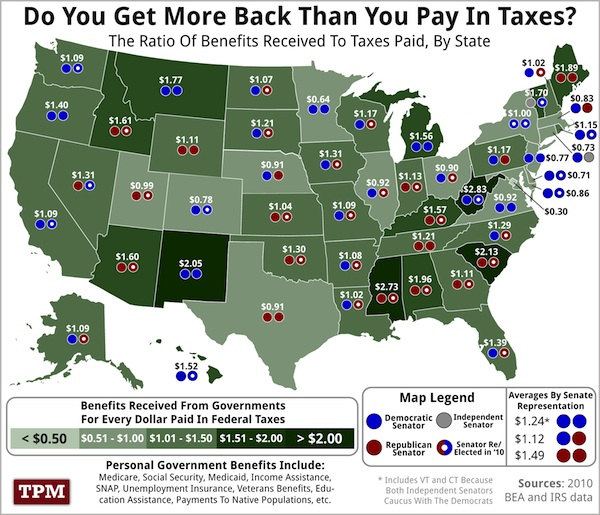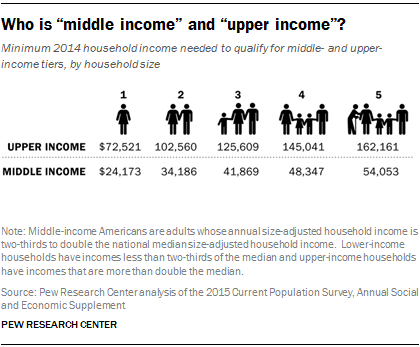- Joined
- Jul 2, 2013
- Messages
- 11,503
- Reaction score
- 15,378
Shouldn't corporations and private med schools be chomping at the bit to create more spots?
In case you were unaware, they are doing this now. In my city alone there are 4 residency programs being opened by private corporations (mostly HCA) in the next 3 years. So yep, they are. Likely because some have realized they can basically treat residents as MLPs and make bank off of them.
Honestly, what I'm more concerned about is convincing you of the folly of considering government involvement in medical education "something necessary but not desirable." I keep wondering why many shy away from it when the rest of the first world has already embraced it. Surely you have read about the history of medical school and the history of residency training in the United States, especially in the early 20th century. National standardization of admissions criteria, curriculum, and USMLE did wonders for the the quality of medical care and its practitioners. Granted, the Flexner report was independent and the changes were implemented under the auspices of the AAMC/LCMC and not the govt, but it demonstrates the power of how a centralized body can effect massive change for the better. Unfortunately, this national standardization didn't trickle down to individual state medical boards, and physicians who desire geographic mobility have to go through an expensive nightmare every time they move or do out of state locums.
Don't disagree with this, but this is looking at our medical education system through rose-colored glasses and ignoring many of the problems which have been created by that central system. Which I'll admit are rampant through most fields of higher education. I'll also point out that there's a difference between implementing policies to create acceptable standards of care and getting financially involved in the process. The former I have few problems with, the latter is a different story.
CMS/govt similarly, for all its problems, has been a boon to medical education for the last 30 years. We have a problem nowadays with number of applicants vs. residency spots
Actually we don't. If we were to stop approving fed loans to Caribbean medical schools we'd have a few thousand residency positions available every year. 37,100 total applicants for 33,100 total positions. 5,000 IMG applicants, and 7,000 FMG applicants. So roughly 25,000 US grads for 33,000 positions. So problem with total applicants? Sure, but we could easily place all US grads if we wanted to and that deficit in positions to total applicants has been stable at ~4,000 for the past several years.
The game you're playing where you think it's reasonable to go on a rant that essentially implied that you've won the private practice/cash pay/no medicare lottery due to the practice nature of psychiatry and then chide me for making a reasonable assumption about your presumable lack of interest in charity care has gotten rather tiring.
And you making crappy assumptions (about several things) is also getting tiring.
Do you have any idea how ridiculous it sounds saying that "as an intern" that you are bringing in > 100k/yr? You doing an H&P and then presenting it to your senior or attending for final approval does not constitute you bringing in that money. If you had an unrestricted medical license, board certification, malpractice insurance, the ability to treat the most complex patients independently, and the ability to bill an insurance company, then yes, you could say that you bring in >100k / yr.
At my hospital I see the patient, present to my attending, write the notes, enter the encounter titles, enter billing codes and diagnoses, and sign the notes. Literally the only thing my attendings do are listen to me present the patient, tweak my plan when then feel it's necessary (which is about 25% of the time for me at this point), and sign the note. The only extra thing they do on our unit is write an admission note which usually consists of a list of diagnoses, a brief treatment list, and an addendum saying "I agree with what is written in X note by Dr. Stagg." So from the hospital's perspective I'm largely functioning as a supervised mid-level. Since I'm at an academic program the attendings do have teaching points after we present and we have mini-didactic sessions daily and have them available to ask questions. So I'm mostly functioning independently with supervision at my program with availability for teaching points when I have questions.
I low-balled my previous calculations and probably half of those progress notes are 99233s and admits are 99223s. I also didn't include my overnight call or weekend call income. So realistically my work probably generates closer to $180k/yr for the hospital/program. Obviously that's supervised, but so are midlevels in my state so I guess you don't count their work as bringing in income either?
Just for shiggles, I calculated how much I brought in the hospital last week. My work during the week was billed for $3,465.65 and my call day was an additional 1,066.26 according to medicare billing schedules and last week was a typical week for me. So my weekly schedule would generate $180,213.80/yr and if I have 20 weekend call days per year (a little low) that's another $21,325.20 for a total of $201,539. This doesn't include any patients I see in the ED who don't get admitted (we bill for ED consults) or inpatient consults off unit (which we cover on call). So that ~$200k is a low-ball number. There are 3 residents (interns and second years) working under 1 supervising attending on this unit, so if everyone is like me (which they are) then that's ~$600k generated by us. So if our attending made $300k (which he doesn't) and you subtract that from the cost we bring in since that's what it costs to supervise us, then we're still each bringing in about $100k/yr for the hospital. So actually, I can probably say I'm bringing in $100k/yr in addition to that which is covering my supervision for the hospital in exchange for being paid roughly half that.


